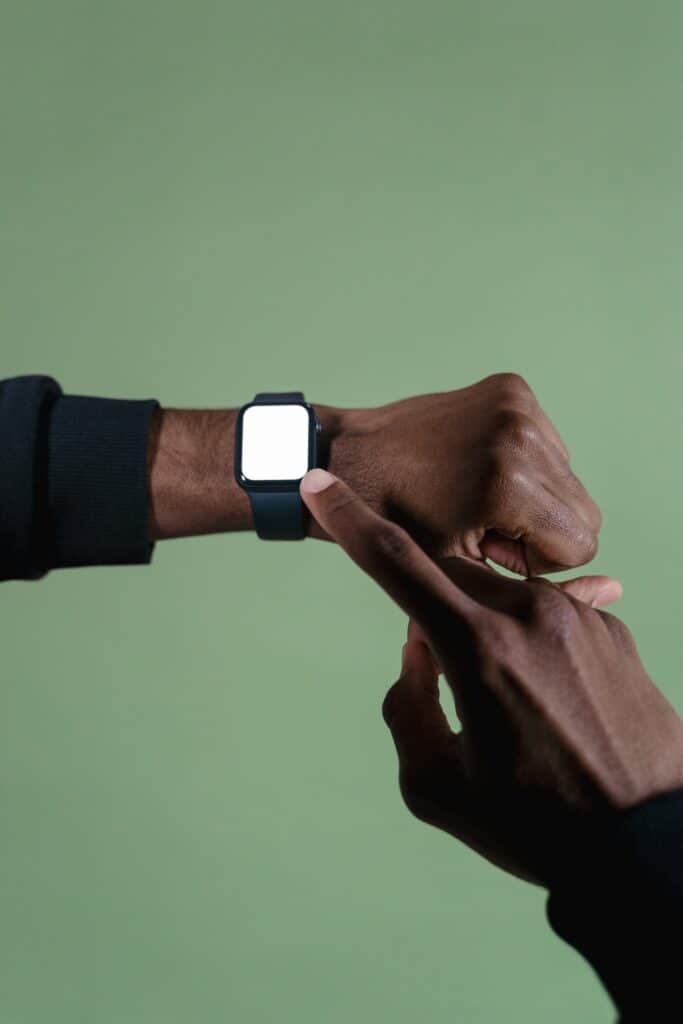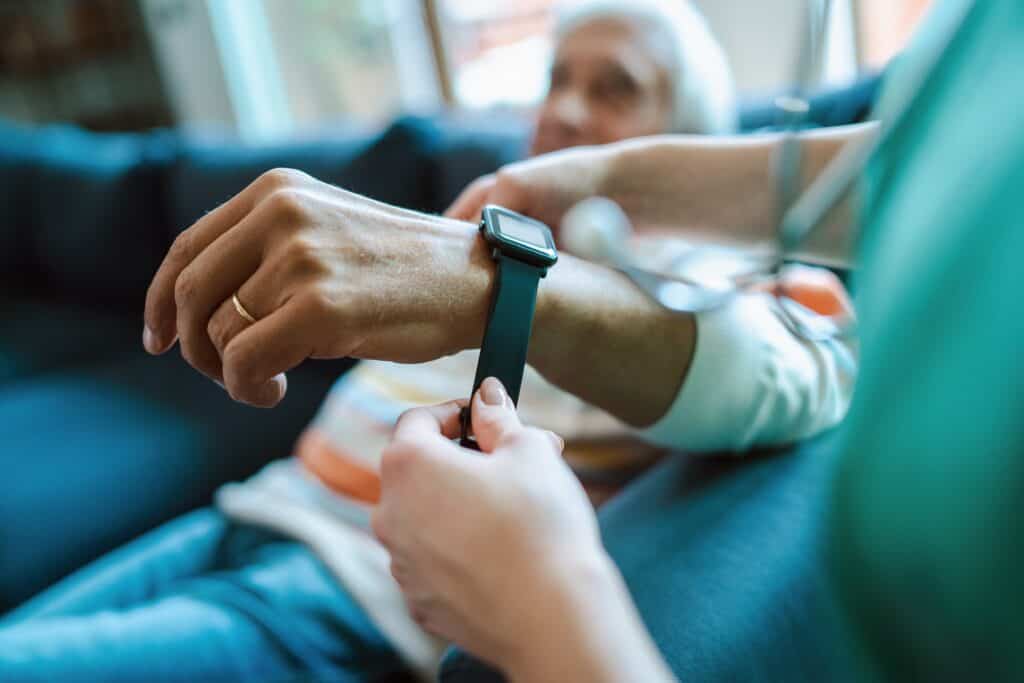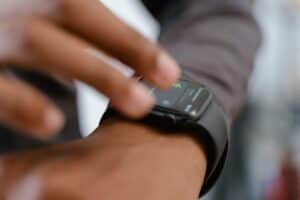
Everyone’s seen the commercial where an elderly person falls and can’t get up again. The commercial plugs a product that has positives and negatives for seniors: positives because it’s a potential lifesaver, but negatives because many older adults don’t want to be seen as that frail person who has fallen and can’t get up. Enter modern-day technology known as the smartwatch. One has to ask if it’s true that a smartwatch can provide safety, security and save your life?
Smartwatches can provide safety and security. They are fashionable, not age-specific, and they’re worn by people from all generations. While, like a medical alert device, smartwatches for the elderly can be a lifesaver in an emergency, they have a number of other practical purposes. These modern-day marvels can enhance the lives of seniors even if they never need to use them as emergency devices.
Is a Smartwatch Really Necessary?
How could they not be? The safety and security alone is worth the price of admission. Could a smartwatch save your life?
- There are smartwatches for seniors with fall detection, critically important if a senior lives alone.
- They can be used to call for medical help or other assistance.
- They can measure heart rate and oxygen levels.
- They can issue reminders to take medication or keep medical appointments.
- For someone who lives alone, you’re never alone and they provide peace of mind for both seniors and their family members.
In addition, many models have almost as many functions as a smartphone. You can place phone calls, send and receive texts, use social media and generally maintain the connectivity with friends and family that’s so vital for emotional, and psychological health.
Furthermore, smartwatches are just flat-out fun to have and use. Everyone gets a kick out of learning and showing off the latest trick on their connected device, and older adults are no exception.
One advantage of a smartwatch over a smartphone: put it on in the morning, and it’s always right there on your wrist – no worries about absentmindedly setting it down and losing track of it!

How To Choose the Best Smartwatches for Older Adults
When selecting smartwatches for senior citizens, the first question to ask is, “How will it be used?” There are a variety of features and price points, and you can buy as little or as much capability as you need.
Forbes Health provides a comprehensive look at different models of the Smartwatch family including features, ease of use and pricing. Most, if not all these watches can be purchased on amazon.
Health, Safety and Security
Why would I want a smartwatch? Many older folks and their loved ones are looking primarily for health smartwatches. Most watches offer fall detection and a medical alert function, but it’s important to understand who’s doing the monitoring. Will it be a family member, or is there a support service with 24/7 response? Is there two-way communication available in emergency situations?
Also, what will trigger an alert?
Health and safety features aren’t just for elderly people at risk. There are plenty of apps to assist healthy, active seniors maintain their fitness and independence.
- Heart rate monitors are useful for evaluating workouts as well as for detecting an emergency situation about to happen
- Pedometers are a popular item; we’ve all heard people do a little celebration when they hit their 10,000 daily steps.
- Many watches can monitor blood oxygen levels and other health metrics as well as report on the quality of sleep.
- Seniors who tend to wander may need GPS tracking so family members can be notified if someone is potentially wandering into trouble.
Reliability in any Smartwatch is paramount. Choose a brand name and confirm you’re connecting to a trustworthy network. Choose apps that are highly rated and don’t have a history of crashing.
Comfort and Convenience
Seniors will want smartwatches that are comfortable to wear and simple to use. The face should be easy to read and alerts must be clearly audible. Icons and buttons on the screen should be easy to tap. The battery should have a reasonable life, and the watch should be easy to recharge. If a smartwatch is waterproof, you don’t have to take it off when swimming, and a senior can call for help if there’s a mishap in the shower.
A familiar operating system is a plus. For example, someone who is used to an Apple computer or iPhone is likely to do well with an Apple watch. Another possibility: a senior and a child or grandchild who both wear, say, a Fitbit, will have the advantage of sharing tricks and tips.
Ease of setup is critically important. Who among us has not been intimidated by new technology? Fortunately, more smartwatches are making their setup easier. Also, there are non-profits that offer online and telephone setup assistance for seniors.
Another consideration is how well does it sync with other tech in the senior’s home? Does it play nice with their phone, their laptop, and any other smart home devices?

Additional Features
Many seniors are less concerned about emergency use and more interested in how much fun and useful their smartwatch will be. Most want watches that send and receive calls and text messages. Then there are the apps they’ll want to download for different functions.
There are golf apps where they can load their favorite course and track their game. There is a GPS-based app to follow the route of a bike ride. Some seniors may want to link their watches to credit cards and tap to pay. Others might use their smartwatches to call an Uber. In short, a smartwatch is a computer, and the more powerful it is, the more it can do.
One more criterion: most people of all ages care about style, and some seniors will absolutely insist on a watch that looks good on their wrist.
For Safety and Security, Is It Safe to Wear a Smartwatch All The time?
Some people might question if radiation from smartphones is a health hazard. Active smartwatches emit low-level radiation, so it’s valid to ask, “Do smartwatches cause health problems?” While no one can say with absolute certainty that today’s wireless world is safe, there’s no evidence that radiofrequency energy causes cancer. Experts agree that the radiation even from smartphones is not strong enough to be an issue, and emissions from smartwatches are even lower. If you look for them, you’ll find websites that disagree, but there’s no evidence that should make an elderly person reluctant to strap on a smartwatch. Compare that concern to the dangers of an actual fall or a stroke where there is no one and nothing but your Smartwatch available to summon help.
The advantages of wearing a device that might save your life surely outweigh concerns that have yet to be scientifically proven.
